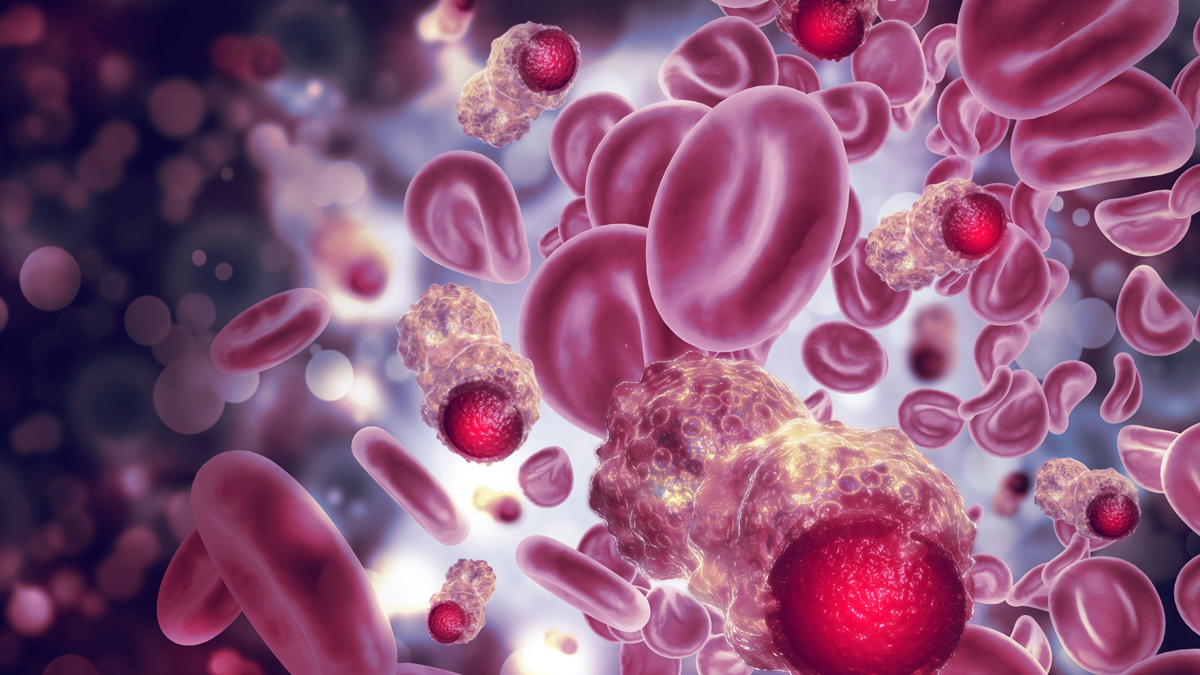Regeneron set for August FDA decision on BCMA bispecific

Regeneron’s bid to join the market for BCMA-targeted bispecific antibodies for multiple myeloma is nearing a conclusion, with the FDA starting a priority review of its linvoseltamab drug candidate.
The US regulator is due to decide on the marketing application for BCMAxCD3-targeting linvoseltamab as a fourth-line therapy for relapsed or refractory multiple myeloma by 22nd August, and the drug is also under review by the EMA.
Regeneron is, however, playing catch-up in the category with Johnson & Johnson’s Tecvayli (teclistamab) and Pfizer’s Elrexfio (elranatamab), which are already FDA-approved in this indication, and the jury is out on whether linvoseltamab will be able to carve out a niche in the increasingly crowded multiple myeloma market.
Data from the phase 1/2 LINKER-M1 trial that underpins the marketing applications showed a 71% objective response rate (ORR) with the drug in heavily pre-treated multiple myeloma patients, with 46% achieving a complete response or better after 11 months of follow-up.
The top-line efficacy data with Regeneron’s drug looks a little stronger than its rivals at first glance, with the usual caveats about trying to compare data from different trials, but all are in roughly the same ballpark. Meanwhile, additional competition could be on the way in the form of AbbVie’s ABBV-383, another BCMAxCD3 bispecific that is in a registrational trial.
One possible differentiator is a reduced dosing frequency for linvoseltamab compared to its rivals. In its trials, Regeneron’s drug was dosed weekly for the first few cycles, then switched to every two or four weeks – depending on the response – after 24 weeks of treatment.
Just this week, J&J upped the ante for Tecvayli by getting FDA approval for a new two-weekly dosing regimen for the drug in patients who have achieved and maintained at least complete response (CR) for a minimum of six months, after an initial once-weekly course. Elrexfio is also cleared as a once-weekly dose for up to 24 months, dropping to biweekly in responding patients. ABBV-383, meanwhile, is being developed initially with fixed dosing every three weeks, without any need for a step change.
Another factor for clinicians to consider is that linvoseltamab and Tecvayli are given intravenously, while Elrexfio and ABBV-383 can be administered by subcutaneous injection.
Regeneron’s position is that its drug has a short monitoring time and saves time for clinicians and patients, giving it a “best-in-class profile” overall.
All the bispecifics are being positioned as an off-the-shelf alternative to BCMA-directed CAR-T therapies – Bristol-Myers Squibb/bluebird bio’s Abecma (idecabtagene vicleucel) and J&J/Legend Biotech’s Carvykti (ciltacabtagene autoleucel) – which have shown comparable efficacy rates in trials, but are trickier to administer.
Competition could also re-emerge from GSK’s BCMA-targeted antibody-drug conjugate (ADC) Blenrep (belantamab mafodotin), which was originally approved as a fourth-line option, but was pulled from the US market after it failed a confirmatory trial.
GSK recently reported new data, including improved overall survival, which could allow it to return as a second-line or later therapy. Regeneron is also running trials of linvoseltamab as first- and second-line therapy for relapsed and refractory multiple myeloma.













